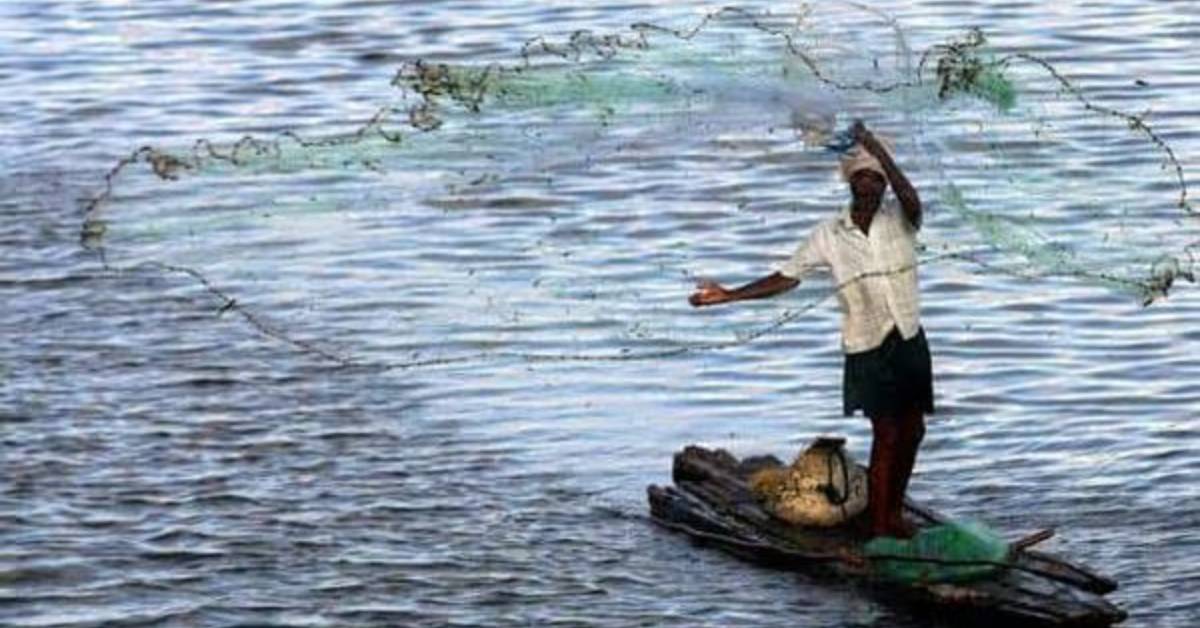The longstanding dispute over the sovereignty of Katchatheevu Island has once again ignited tensions between India and Sri Lanka, stirring political controversies and diplomatic friction. With the upcoming Lok Sabha Election looming on the horizon, political parties in India, particularly the BJP and the ruling Dravida Munnetra Kazhagam (DMK) in Tamil Nadu, have intensified their rhetoric on the issue, sparking criticism from Sri Lankan media and raising concerns over regional stability.
Political Maneuvering and Electoral Gambits
The BJP’s recent offensive against the Congress and the DMK in Tamil Nadu, coupled with Prime Minister Narendra Modi’s criticism of the DMK’s handling of the Katchatheevu issue, underscores the politicization of a sensitive diplomatic matter for electoral gains. As parties vie for support in the southern state, the controversy over Katchatheevu Island has become a focal point of political discourse, with accusations of neglect and hypocrisy dominating the narrative.
Sri Lankan Media’s Critique
The Sri Lankan media’s response to India’s political posturing on the Katchatheevu issue has been scathing, condemning what they perceive as India’s interference in Sri Lanka’s internal affairs. Publications such as the Daily Mirror and the Daily Financial Times have accused Indian leaders of rousing communal sentiments and distorting facts for political expediency. The editorial warnings against provocative assertions and the potential consequences of escalating tensions underscore the gravity of the situation and the need for diplomatic restraint.
PM Modi’s Intervention
Prime Minister Modi’s intervention on the Katchatheevu issue, citing revelations about the DMK’s alleged complicity in the island’s transfer to Sri Lanka, has further fueled the controversy. By highlighting discrepancies in the DMK’s stance and accusing the party of neglecting Tamil Nadu’s interests, PM Modi has injected the issue into the political discourse, amplifying tensions and polarizing opinions.
The Historical Context and Disputed Agreements
The roots of the Katchatheevu dispute lie in the 1974 bilateral agreement between India and Sri Lanka, which saw India ceding administrative control of the island to its neighbor. However, the agreement failed to address key issues such as maritime boundaries and fishing rights, leading to ongoing tensions and sporadic clashes between Indian fishermen and Sri Lankan authorities. Efforts to resolve the dispute have been hampered by differing interpretations of historical agreements and territorial claims.
Conclusion
As the controversy over Katchatheevu Island continues to simmer, it serves as a stark reminder of the complex dynamics shaping Indo-Sri Lankan relations and the intersection of politics, diplomacy, and electoral calculus. While political parties in India may seek to leverage the issue for electoral gains, the stakes are high, with the potential for regional instability and diplomatic fallout looming large. As tensions persist, the need for constructive dialogue, mutual respect, and diplomatic engagement remains paramount in resolving the longstanding dispute and fostering enduring peace and cooperation between India and Sri Lanka.















